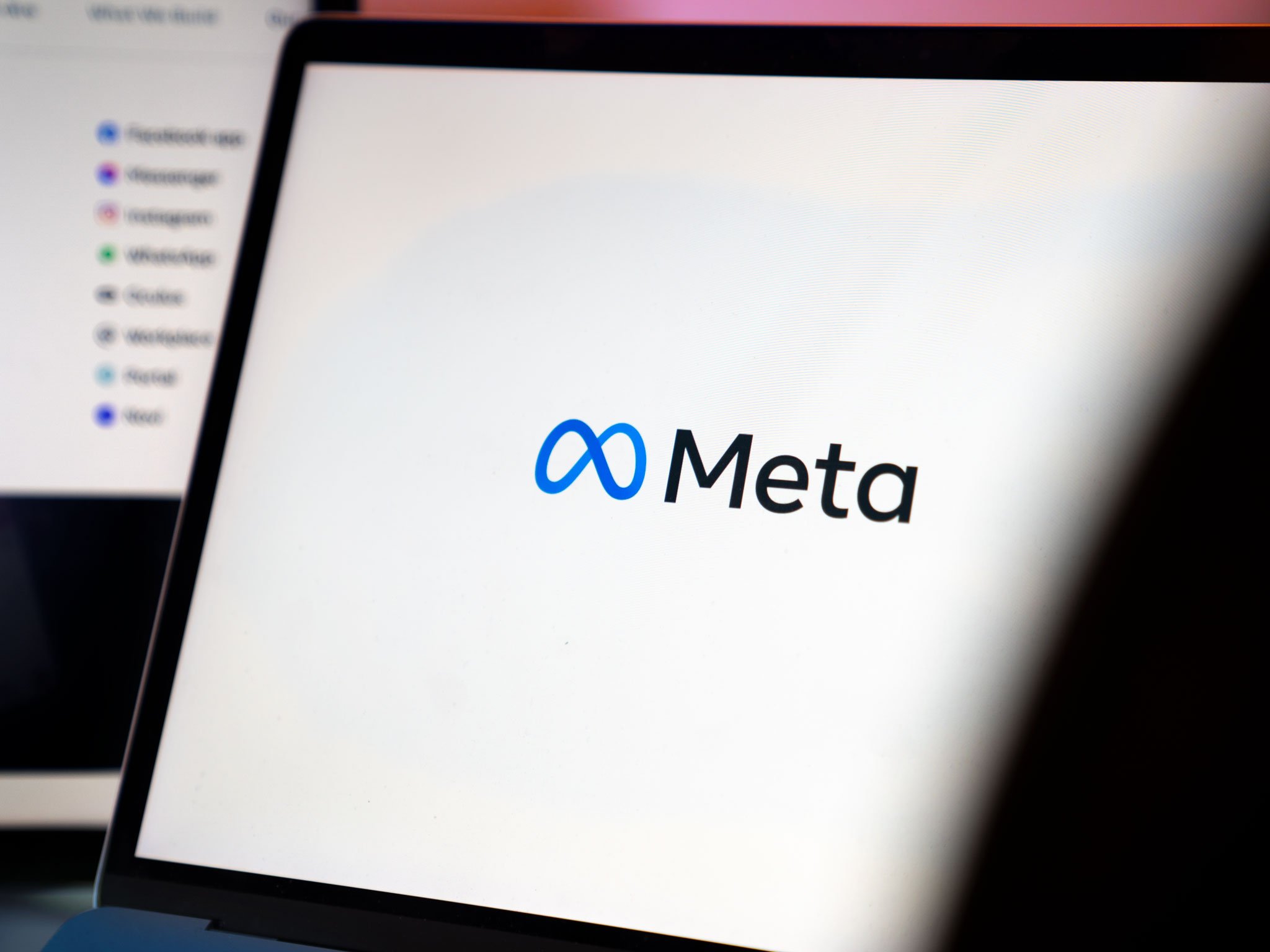Privacy in the new Metaverse

Get the latest news from Android Central, your trusted companion in the world of Android
You are now subscribed
Your newsletter sign-up was successful
The artist formerly known as Facebook is now Meta. We here at Android Central heard a lot about the promising future of the all-new Metaverse from the company on Thursday. But one area, in particular, was noticeably glossed over: user privacy and security.
That's never a good thing and is especially bad whenever a company tries to rebrand or assure consumers how it plans to change and make improvements in the future. This, of course, goes double when that company is Facebook. Facebook used to be the darling of the tech world, but has recently fallen into a new role where nobody trusts it. Honestly, it's the company's own fault.
This matters to most people who visit tech websites like Android Central. We care about how the companies that make our connected devices, and the software that runs them, treat our privacy. This is mainly because so many companies have shown that they aren't inclined to treat it well, especially as new ideas are turned into new products or services.
Virtual assistants are a prime example. Ten years ago, nobody would have imagined how software like Alexa or Google Assistant could become so helpful or so invasive. But in 2021, even Apple is collecting a lot of user data through Siri (more than Google collects with Assistant even) and Apple as a company prides itself on how little data it collects and how private your use of services should be.
This leaves me a little worried about how the Metaverse will collect, protect, and use all of our data.
It's still Facebook
The company has a new brand, but the players haven't changed. And when you have the track record that Facebook does — that's not very comforting.
It's cool and edgy to hate Facebook, but the company actually earned our distrust.
I know it's cool and edgy to hate on Facebook, and you can see that every time the company finds its way into the news cycle. The rest of social media is filled with people saying how they're going to delete their Facebook account and quit altogether. I'm not the person who's in charge of telling you that you shouldn't use Facebook, but I can say the company has earned every bit of distrust it sowed.
Get the latest news from Android Central, your trusted companion in the world of Android
From having policies that allow thrid-parties to collect data about you and your friends, encouraging political divide, ignoring content that's harmful to children and teens, Facebook has shown it's capable of plenty of shitty things. Your techie friends probably hate Facebook. The political left hates Facebook. The political right hates Facebook. The U.S. Congress hates Facebook even though it's one of the biggest American companies and employs tens of thousands of people.
Everyone hates Facebook because, deep down, nobody trusts Facebook. Except for the bulk of its users, which is a real problem.
Casualties of the Metaverse

Without being too close to meme territory, Facebook does have many people who aren't super tech-savvy on its platform. I'm not trying to say Facebook is filled with Boomers or that one friend you know isn't capable of becoming a tech guru. Instead, I'm simply saying that, like almost every other tech company, most of Facebook's users aren't really into keeping up with the latest tech trends.
That means a few things. Some are minor, like not knowing which company makes the best Android phone or that the new Samsung Galaxy Watch 4 isn't using the same software as the model from last year. It also means that most users don't understand why Facebook is in trouble over body-issue-related content on Instagram or that the company played a large part in trying to use disinformation to sway the past two U.S. elections (from all sides, don't @ me). What's more, when the company announced its plans to delve into cryptocurrency, a bipartisan group of five senators demanded it abandon the plans because "Facebook cannot be trusted to manage a payment system or digital currency when its existing ability to manage risks and keep consumers safe has proven wholly insufficient."
People who don't know or don't care about any of this also need to be protected from these sorts of practices the most. Unfortunately, this divide isn't going to go away when and if Facebook and its new "parent" company, Meta, find a way to market new hardware that sucks people into a new world filled with alternate perceptions called a Metaverse.
The majority of Facebook's userbase are the people who need to be protected against companies like Facebook.
People who typically don't care about all things tech will see something that looks cool and is easy to use, and they're going to give it a try. However, they aren't going to know (or care) about the new ways to harvest data and how it can be used with a Ready Player One type of internet. Even regulators — who often make everything worse but typically don't try to do it — aren't going to be ready for this meta future.
Zuckerberg and the company did mention that Meta cares about user privacy and safety. I didn't believe him because I've never been given any reason to trust Facebook. No new name will change that. This internet 3.0 experiment isn't just going to be run by Facebook, either. Every company with a stake in a connected world is going to have its hand in the mix. I hope ways to hold them accountable and keep them honest are also part of the new Meta.

Jerry is an amateur woodworker and struggling shade tree mechanic. There's nothing he can't take apart, but many things he can't reassemble. You'll find him writing and speaking his loud opinion on Android Central and occasionally on Threads.
